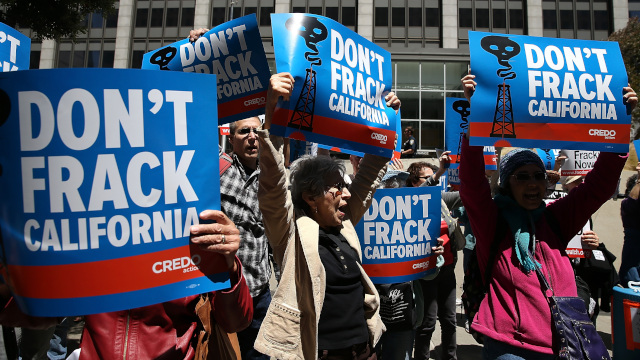
Environmental measures seem to be struggling in Sacramento, despite Democrats holding sizable majorities in both houses. This legislative session California lawmakers killed a bill that would have given the California Coastal Commission stronger enforcement powers, including the power to levy fines. They also failed to send Gov. Jerry Brown a measure that would have banned single-use plastic bags at grocery stores.
KQED's Mina Kim spoke with Paul Rogers, environment reporter for the San Jose Mercury News and managing editor of KQED's Science Unit.
Surprising bills that failed this year
Coastal Commission: A bill from Assemblywoman Toni Atkins (D-San Diego) would have given the Coastal Commission the ability to issue fines to people who break its laws, such as building an illegal structure or posting a No Trespassing sign. Twenty state agencies already hold that power, but right now the Coastal Commission has to take people to court. That can take years and be very expensive, so the commission often doesn't take that route.
Oil: There was also a failed attempt to increase the fee that oil companies pay when they bring oil into the state, to help pay for oil spill cleanups.
